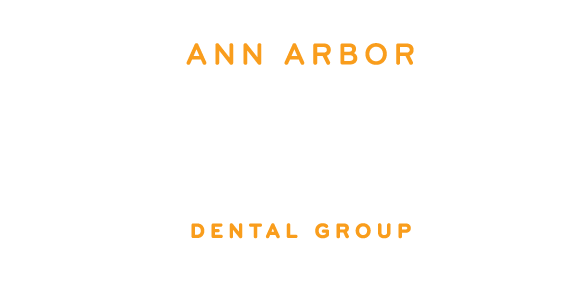Sleep Apnea FAQs
Sleep Apnea is a dangerous disorder that can contribute to many life-threatening illnesses, and a much-worsened quality of life. The good news is that there are many ways to treat sleep apnea. Read these Frequently Asked Questions to learn more about the disease and how we can help.
Obstructive Sleep Apnea
What is Obstuctive Sleep Apnea (OSA)?
Obstructive Sleep Apnea is the most common of the types of sleep apnea. Obstructive Sleep Apnea (OSA) is a syndrome characterized by recurrent episodes of partial or complete upper airway obstruction during sleep. OSA sufferers typically snore loudly, and will stop and start breathing throughout the night. Nasal continuous positive airway pressure (CPAP) is the primary treatment for OSA, but many patients are unable or unwilling to comply with this treatment. Oral appliances are an alternative treatment for OSA, and our specialty here at Ann Arbor Smiles.
Why is it important that OSA be treated?
Apnea treatment can significantly improve your quality of life. Apnea and snoring can result in altered sleep patterns; and sleep is very important to the healing process and the ability to perform normally throughout the day. Snoring can be a nuisance to a bed partner as well. Untreated sleep apnea can lead to serious medical consequences.
What other conditions can sleep apnea cause or worsen?
- High blood pressure and other cardiovascular disease
- Increased risk for heart attack / Afib
- Increased risk for stroke
- Pulmonary hypertension
- Depression and anxiety
- Weight gain
- Migraine headaches
- Diabetes
- Mood swings
- Job impairment
- Acid reflux
- Bruxism (teeth grinding)
- Brain and cognitive changes
- Impotency and sexual dysfunction
Oral Appliance Therapy
What is Oral Appliance Therapy?
Oral appliances for the treatment of OSA are worn during sleep to maintain the patency of the upper airway by increasing its dimensions and reducing its collapsibility. Oral appliances are a simpler alternative to CPAP. Over the last decade, there has been a significant expansion of the evidence base to support OSA, with robust studies demonstrative of their efficacy. This work has been underpinned by the recognition of the importance of upper airway anatomy in the pathophysiology of OSA. The updated practice parameters of the American Academy of Sleep Medicine now recommend their use for mild-to-moderate OSA, subjective and objective measures of sleepiness, blood pressure, aspects of neuropsychological functioning, and quality of life.
Will I be able to use an oral appliance? How effective is it?
One of the major advantages of the oral appliance is patient compliance. Over 95% of those given an oral appliance have reported continued use of the appliance after two years! The oral appliance has been shown to effectively control snoring in over 90% of patients. Mild and moderate sleep apnea responds extremely well; even many cases of severe apnea have been resolved with oral appliance usage.
How long will it take to get the appliance?
If at your first visit a decision is made to proceed with OAT, impressions will be taken and the appliance insertion visit will be scheduled, typically three weeks later. We use state-of-the-art appliances from SomnoMed, Dynaflex, and in severe OSA, TAP PAP devices from Airway Management.
Insurance Coverage
Will my insurance cover the device and follow-up visits?
Apnea Alternatives is one of the select few Michigan dentists that is a Medicare Provider to treat sleep apnea and loud snoring. The Medicare out of pocket cost for an oral appliance is relatively minimal. We also accept a number of payment options including cash, check, American Express, Discover, MasterCard, and Visa. Do you need help financing? Ask us about CareCredit. You may also be eligable for an employer provided Health Saves Account.
Coverage of the therapy varies from policy to policy. A referral by a physician is an aid to obtaining coverage. The most efficient way to determine your potential insurance benefits is for us to contact your insurance company. We commonly work with Priority Health,AETNA, Blue Cross Blue Shield, HAP, TriCare, and Cigna.
Please note that this treatment is considered a medical procedure and will NOT be covered by your dental insurance.
